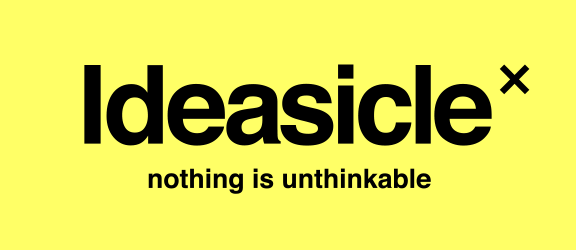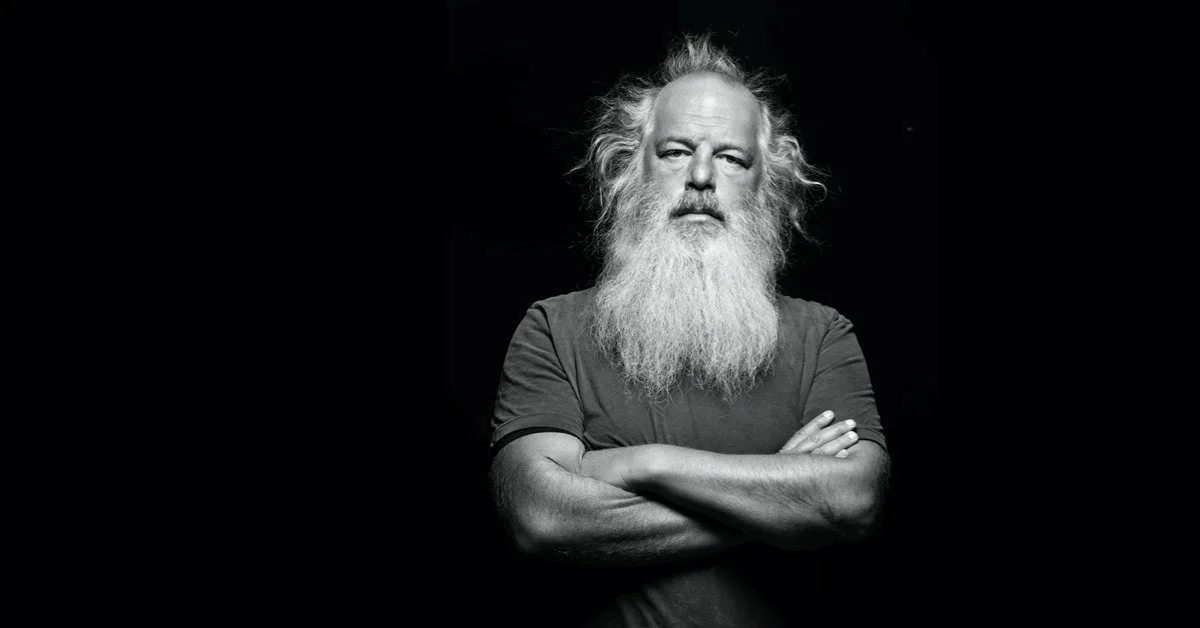I have been meditating regularly for about two years using the Monroe Institute's “The Gateway Experience.” Once a day for a half hour. It’s been amazing for my overall outlook on life and wellbeing, but I was curious what it may be doing for my creativity, if anything. Is creativity is about packing your mind full of information or about emptying the shelves entirely? Research says it's both.
Read MoreWhen you love an idea “for some reason,” that gut feeling isn’t guesswork. It’s the sum total of everything you’ve absorbed, synthesized into an instant and unshakable conviction. The best advertising minds know this. They don’t just have good instincts; they build them. And how do they do that?
Read MoreAsk anyone to define creativity, and chances are they’ll point to the arts—painting, writing, music, theater. And sure, that’s one outcome of it. But I am convinced creativity is something much broader. It’s a life skill that can be developed, refined, and even taught.
Read MoreIn the world of creativity, there has long been an unspoken divide—those who seem naturally gifted with imaginative prowess (like our Ideasicle Experts) and those who struggle to come up with anything original. But with the advent of AI, that gap is starting to close. AI is not just a tool for automation and efficiency; it's now being harnessed to elevate the creative abilities of individuals. A recent study from the University of Exeter reveals just how AI is leveling the playing field.
Read MoreI talk to agency execs all the time. It’s tough out there. They’re facing a dual challenge: staying creatively competitive while also finding new revenue streams to sustain and grow their businesses. We are developing a new form factor for Ideasicle X that will not only improve an agency’s creative output, in general, it will help optimize existing creative resources while generating new revenue streams.
Read MoreLanguage is powerful. It’s the fabric of our thoughts. It’s how we transfer thoughts from one person to another. It’s used to generate movements, inspire emotion, record history, establish and reinforce culture. Yet, some language can also entrap us, even enslave us if we let it. Particularly when a phrase is repeated so often it becomes common knowledge and is no longer questioned. Below are three such phrases we hear so frequently that through repetition have become “conventional wisdom,” but I believe, sadly, also crush our motivation to remain curious.
Read MoreAs you may know, I enjoy studying creativity. The importance of it, the psychology of it, the ways to improve it. I have a whole page on this company’s site devoted to scientific studies around improving our creativity (view that here). So as part of this study I wanted to ask real people whose creativity is their professional product. What their hints, secrets, and rituals were when it comes to creativity. And who better to ask than my own Ideasicle Experts? The question I posed to them: “How do you create?” We got some surprising, funny, and insightful answers.
Read MoreThe pressure to perform creatively under time constraints creates a sense of urgency and stress, which, according to three separate studies, impacts creative thinking. But it’s not all bad, and the findings suggest an optimum approach to idea generation when the pressure’s on.
Read MoreComing up with ideas remotely is unavoidable these days with hybrid work becoming more and more the norm. But that doesn’t mean the quality of your, and your partners’, ideas must suffer. 2024 can be the year to embrace remote idea generation. Here are three best practices (and worst) we’ve learned first-hand about participating in remote creative sessions that you can start using today.
Read MoreIf you ask the great Rick Rubin, he’d likely say ideas exist already outside of space/time and when their time has come enter our three-dimensional universe through…someone, anyone whose vibration matches that of the idea. Deep stuff, for sure. It seems to me that, since we can’t force an idea to happen, all we can do is increase the odds of one happening. So I looked at Ideasicle X anew to see if and how, exactly, it increases the odds of great ideas. Here are three ways I came up with.
Read MoreOne of the things the great Rick Rubin talks about in his new book relates to fear and how important it is to, as he puts it, “Create an environment where you’re free to express what you were afraid to express.” This statement challenged me to think about how Ideasicle X mitigates creative fear. Here are three tangible ways the IX model minimizes fear among the team of four.
Read MoreWe have always believed the client should be excited about the advertising ideas we bring them. Why not? It’s their company. Not to mention it’s nearly impossible to sell in an idea the client simply doesn’t like. But we have discovered, quite by accident, a question—a magic question—the answer to which not only may shed light on a client’s creative biases, but provides you and your creative teams a map of landmines.
Read MoreI feel sorry for ad agencies these days. Fees aren’t increasing, staff is getting harder to find, and the staff they have is stretched. Worse, agencies are still battling with the inertia of remote work, leaving their talent all over the place. While we can’t solve all the problems agencies face today, we can help address the challenges of remote work when it comes to creative ideas.
Read MoreErwin Schrödinger said, “Consciousness is the fundamental reality.” So doesn’t it stand to reason that if we, to the degree we can, remove the UNfundamental reality (our physical reality) from the idea generating arena, then each participant’s individual consciousness is better able to shine through? And, better yet, the consciousness of multiple individuals on a team intermingle more purely? That’s exactly what we’ve found.
Read MoreI stumbled upon a wonderful Facebook post from Beatle John on Facebook today that I think gives us several insights into the creative process. The post quotes Ivor Davis, an investigative reporter who was given unprecedented access to The Beatles when they were on tour in the early 1960’s. In the following blurb, Davis describes what he saw when he saw John and Paul working, creating, and writing some of the greatest music of all time.
Read MoreI’ve been using some form of Ideasicle X for fourteen years now, two with our new web application. And along the way my entire view of creativity itself has changed. I’ve learned so much about myself, I’ve learned new skills, and sharpened old ones. All by using this idea generating platform. Here are ten.
Read MoreIn today's interconnected world, virtual collaboration has become the norm for teams across diverse industries. While the benefits of virtual teamwork are widely acknowledged, one aspect that often goes unnoticed is the profound impact it has on nourishing a participant’s imagination. In this blog post, we explore three compelling ways in which virtual idea generation in teams nurtures the creative spirit, allowing ideas to flourish.
Read MoreWe are constantly scouring the science out there as it relates to improving our creativity. We want every advantage, right? You can see all of the individual studies we’ve found so far on our Science tab. But what if we combined the insights from different studies? How unstoppable would we be then? Well, let’s see what happens when you combine walking, the color green, and getting off your smartphone.
Read MoreCreativity is a complex and fascinating phenomenon that has captivated humans for centuries. From the works of Leonardo da Vinci to the innovations of Steve Jobs, creativity has been celebrated as a hallmark of genius and a key driver of progress and innovation. However, for a long time, creativity was thought to be an elusive and mysterious concept that could not be isolated, measured or studied scientifically. That all changed with a groundbreaking study by J.P. Guilford in the 1960s.
Read MoreFor 13 years we have been on the front lines of bad ideas. Wait, that didn’t come out right. Let me try again. For 13 years we have been on the front lines interacting with marketers and agencies who are sick of their bad ideas and need help. That’s better. So we hear all the reasons. And sometimes it’s not until they see our process that they see what their own issues were. Anyway, here you go. The top 5 reasons marketing ideas have been lacking according to our customers.
Read More





















